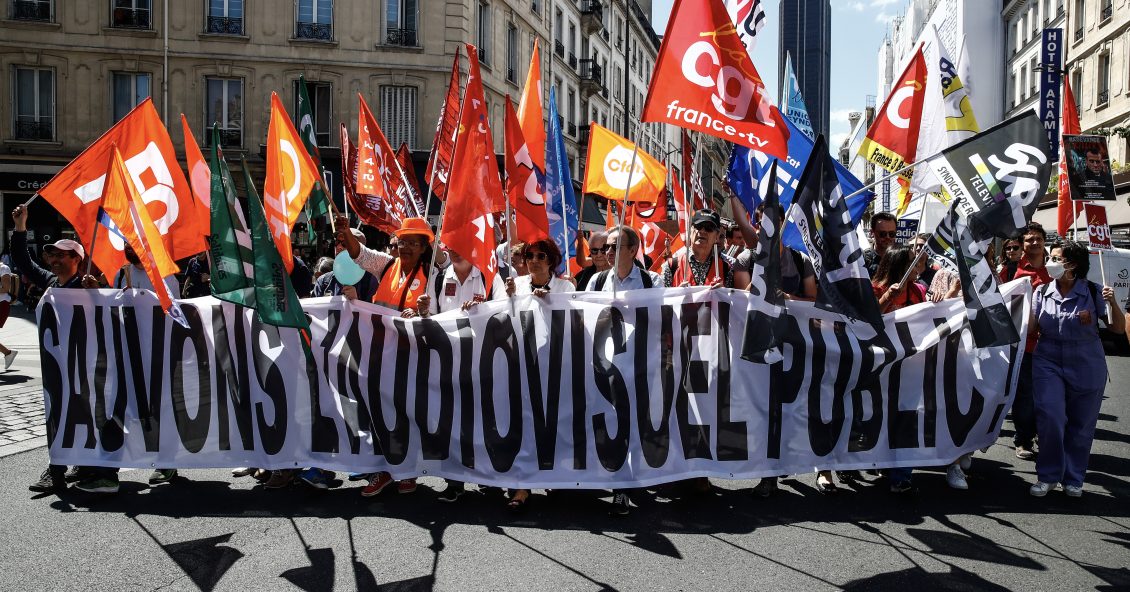- UNI Global Union launches campaign for the right to digital disconnection.
- The right to disconnect is the “new fight for the eight-hour workday,” says UNI General Secretary
NYON, Switzerland—As the barrier between work and personal time erodes, a new global campaign to help workers reclaim their right to disconnect from their jobs is launched.
Lead by UNI Global Union’s Professionals & Managers (UNI P&M) the campaign will be rolled out worldwide with the help of the first-ever guide to negotiating for digital disconnection.
“The Right to Disconnect” guide draws on in-depth research of national disconnection laws and collective agreements and establishes best practices and sample language for collective bargaining. The guide is part of a broader effort to assist unions globally to combat the anxiety, depression, and burnout often associated with a constantly connected world of work.
“Workplace technologies can offer a freeing amount of flexibility, or they can control workers’ lives outside of the job,” said Christy Hoffman, General Secretary of UNI Global Union. “The right to disconnect is the new fight for the eight-hour workday, and just as unions led the way then, we are striving for a fair balance between work and life now. These best practices move us forward.”
The guide also calls on employers to not structure connection polices in ways that disadvantage women, who traditionally have more responsibilities at home than men and may need more flexibility with hours at work and connection times at home.
“The right to disconnect should not be thought of in terms of self-help or individual responsibility,” said Alex Högback, Director of UNI Professionals and Managers. He continued “There needs to be a collective approach to the problem and a real, enforceable commitment from the employer to safeguard this right. The duty to respect others’ right to disconnect is a critical but often overlooked aspect.“
UNI has already secured the right to disconnect in global agreements with Telefonica and Orange. UNI’s French affiliates negotiated already in 2016 a collective agreement covering Orange in France that included a right to disconnect, and in Spain the unions CC.OO. and UGT have also negotiated an agreement with Telefonica – as well as with other employers, including in the banking sector – that covers the right as well.
“Our members consistently report that work/life balance is one of their top issues, and the right to disconnect allows them the time to enjoy life outside of the office and recharge,” said Carles Catala from Servicios-CC.OO. “We have agreements with several employers guaranteeing workers’ free time in Spain, and we know this will continue to be an important issue here and internationally ” he added.
Alex Sirieys from FO-COM added that “The French law only provides a framework for negotiations about the right to disconnect, leaving it up to the unions to bargain collectively for an effective right in the workplace.” He continued “Workers in other countries don’t need to wait for legislation to negotiate for this right but can start already today with the help of the UNI P&M guide.”
ENDS
Notes for editors
In May 2019, the World Health Organization recognized “burnout” for the first time in its International Statistical Classification of Diseases and Related Health problems, and several national health surveys indicate that burnout is on the rise.
France and Spain have already legislated a right to disconnect, and other countries are considering following suit.
UNI Professionals and Managers (UNI P&M) represents highly skilled or highly educated professionals and managers in all UNI sectors across the globe.


